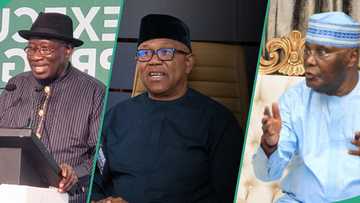Nigeria Has Second-Highest Number of Poor People in the World, Ex-NBS Chief Speaks, Shares Concern
- Nigeria is home to 89 million people living below the poverty line, making it the second-highest globally after India
- Economist Yemi Kale warns that delayed reforms and flawed policies have deepened economic hardship across the country
- Kale called for urgent action, adding that consistent and humane reform execution is vital to unlock Nigeria’s true potential
At The Platform Nigeria’s Independence Day event themed ‘Rebuilding Our Nation’, Yemi Kale, former statistician-general of the National Bureau of Statistics (NBS), delivered a sobering assessment of Nigeria’s poverty landscape.
He disclosed that approximately 89 million citizens, equating to 40% of the population, currently live below the poverty line.
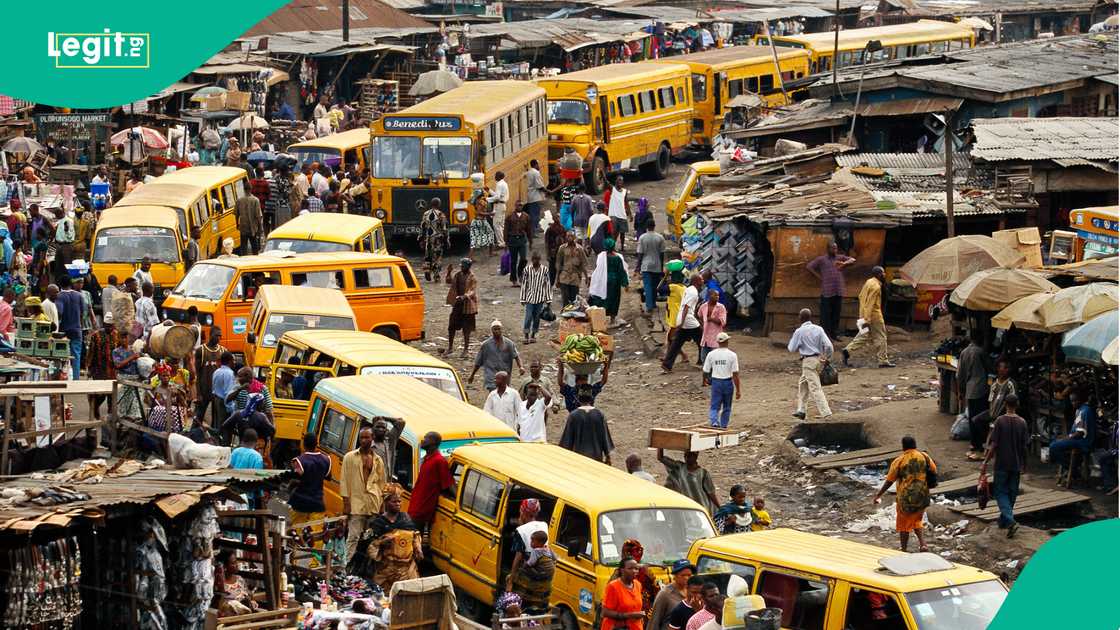
Source: Getty Images
Kale, who now serves as group chief economist and managing director of research and trade intelligence at Afreximbank, stated that Nigeria ranks second globally in terms of the number of poor people, trailing only India.
He emphasised the scale of the crisis, noting:
“To grasp the magnitude of this number, we can consider that fewer than 20 of the world’s 195 recognised countries even have a population larger than just Nigeria’s estimated number of poor.”
Economist examines factors behind Nigeria's poverty level
The economist attributed the worsening poverty levels to a series of policy missteps and delays in implementing critical reforms.
He argued that key economic adjustments, some of which are only now being introduced, should have commenced over a decade ago when early warning signs were already visible.
“Acting sooner would have significantly softened the impact on households and businesses, sparing the economy years of compounding fiscal and inflationary pressures,” Kale said.
He criticised the prolonged use of distortive monetary and exchange rate policies, which he claimed eroded investor confidence and stifled investment.
Yemi Kale analyses Nigeria's economic reforms
Kale acknowledged that the recent wave of reforms introduced by the government are difficult and painful, but insisted they are essential for long-term recovery.
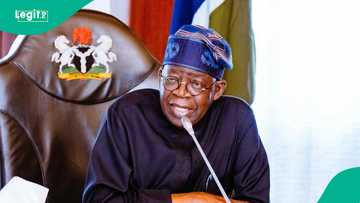
Read also
2027 elections: House of Reps deputy spokesman mentions Tinubu's achievement that will earn him 2nd term
“There is really no credible alternative,” he said, stressing that consistent and integrity-driven execution of these reforms could unlock Nigeria’s vast potential and translate it into tangible, widely shared prosperity.
He cautioned, however, that the reform process must be approached with care.
“The challenge, however, is to ensure that the path of reform is as painless, humane, and well-sequenced as possible,” he said.
Kale lamented that in Nigeria, such considerations are often overlooked or poorly implemented, leading to avoidable hardships.
Yemi Kale suggests solution to fix Nigeria
Kale concluded by outlining the government’s responsibility in the reform journey. He asserted that avoiding reforms is not an option, describing them as inevitable. Instead, he urged the government to focus on sustaining policy momentum while urgently reinforcing social protection systems.
According to the Afreximbank executive, this dual approach is vital to ensure that Nigeria’s transformation is not only economically sound but also socially just.
“Together, these trends threaten the very promise of independence that every Nigerian should have the opportunity to thrive at home,” he said.
What is National Bureau of Statistics?
The National Bureau of Statistics (NBS) is Nigeria’s official agency responsible for collecting, analysing, and disseminating statistical data across various sectors.
It provides vital information on the economy, population, labour, health, education, and more, supporting evidence-based policymaking and national planning.
The NBS plays a key role in tracking Nigeria’s development indicators, including poverty rates, inflation, and GDP performance. It operates under the Federal Ministry of Budget and National Planning and collaborates with international organisations to ensure data quality and comparability.
Through regular publications and surveys, the bureau helps stakeholders understand Nigeria’s socio-economic realities and monitor progress over time.
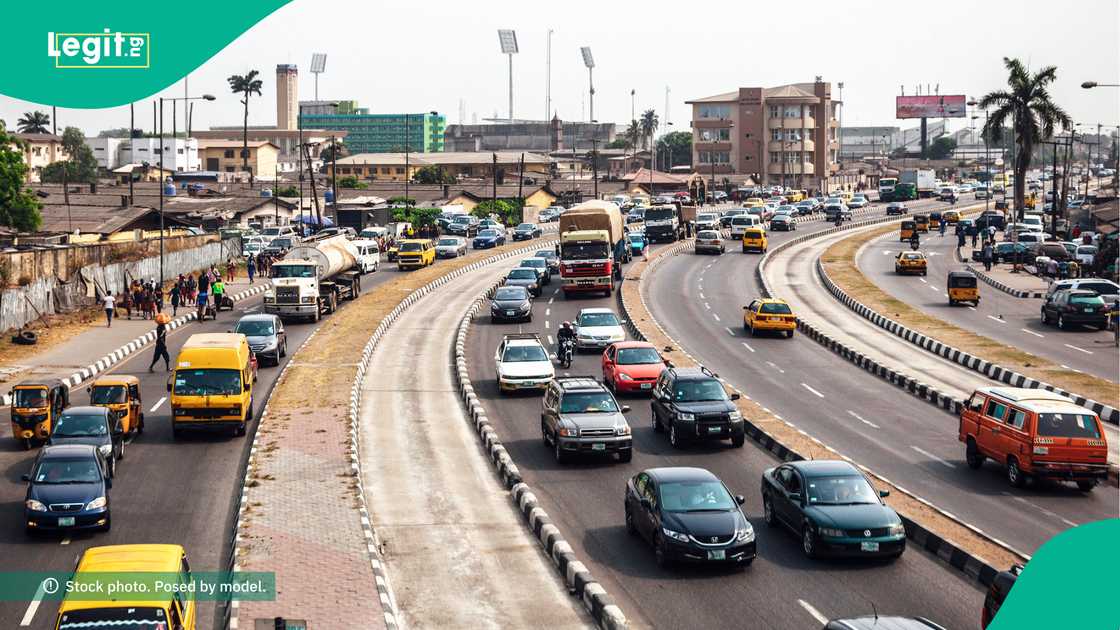
Source: Getty Images
World Bank gives reasons Nigerians will be poorer
Legit.ng earlier reported that the World Bank predicted a significant rise in poverty levels in Nigeria by 3.6% points by 2027. The Bretton Institution disclosed this in its latest Africa's Pulse report during the IMF and World Bank Spring Meetings held in Washington, DC.
The World Bank attributed the rising poverty in Nigeria to weakening oil prices and governance vulnerabilities, emphasising a pattern where resource-rich but fragile or conflict-prone countries consistently exhibit higher poverty rates compared to more stable counterparts.
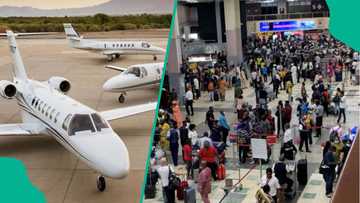
Read also
Nigerian travel agents slam 3 foreign airlines for rejecting naira payments for flight tickets
World Bank also noted that despite recent growth in Nigeria's non-oil sector during the final quarter of 2024, it is unlikely to translate into widespread poverty alleviation, citing persistent fiscal and institutional obstacles.
Proofreading by James Ojo, copy editor at Legit.ng.
Source: Legit.ng

